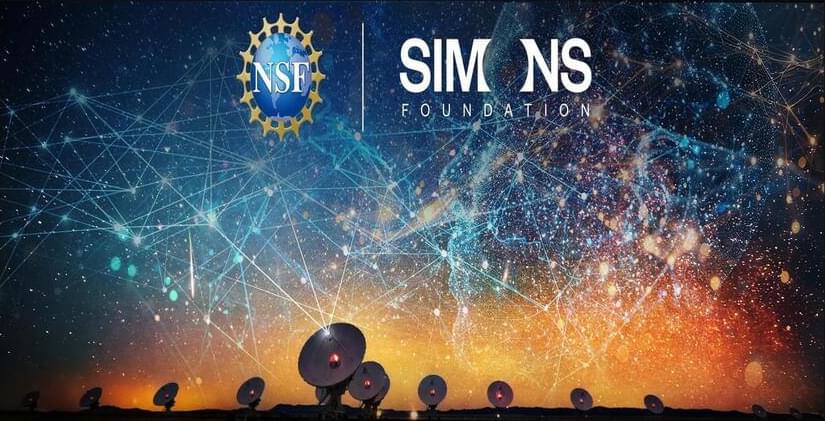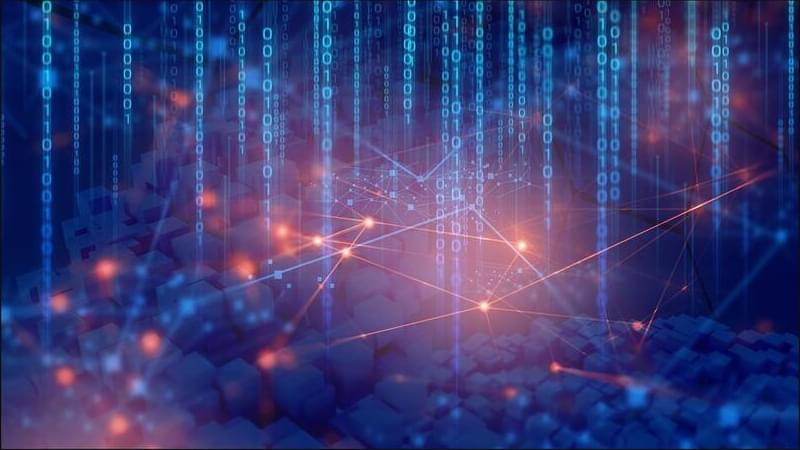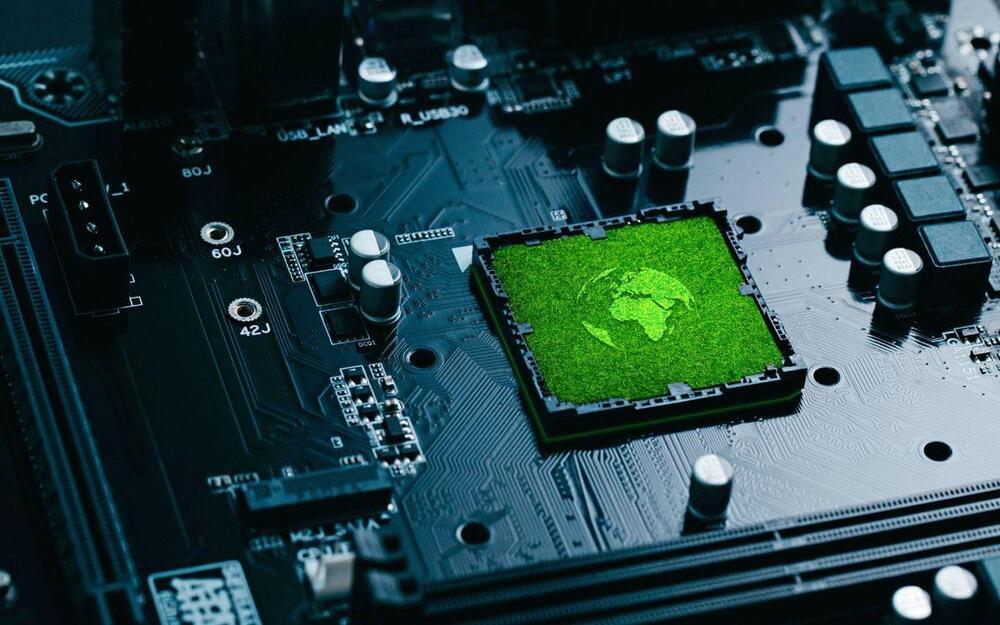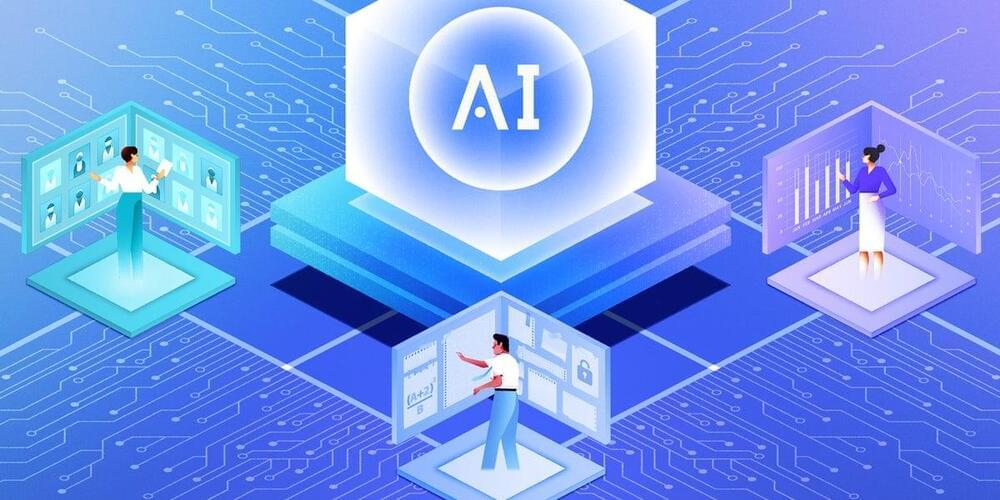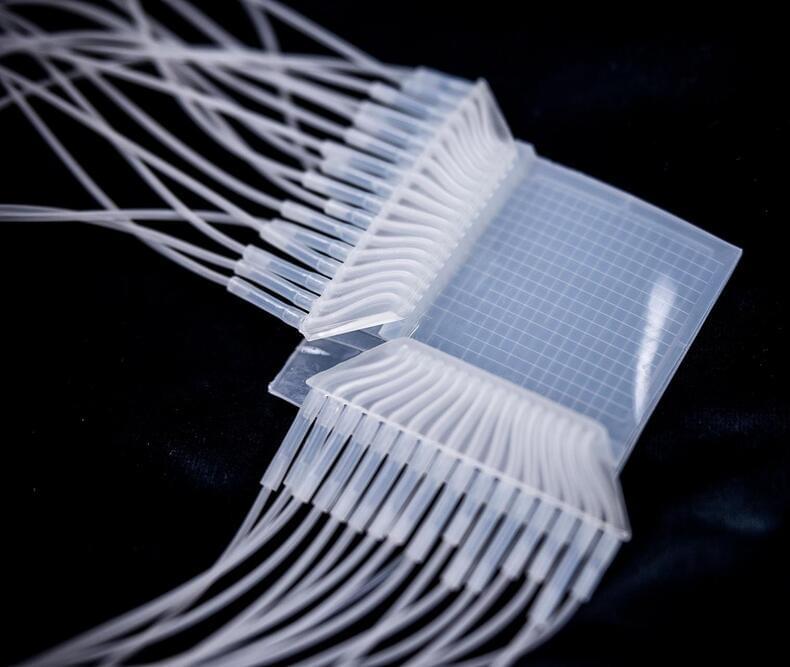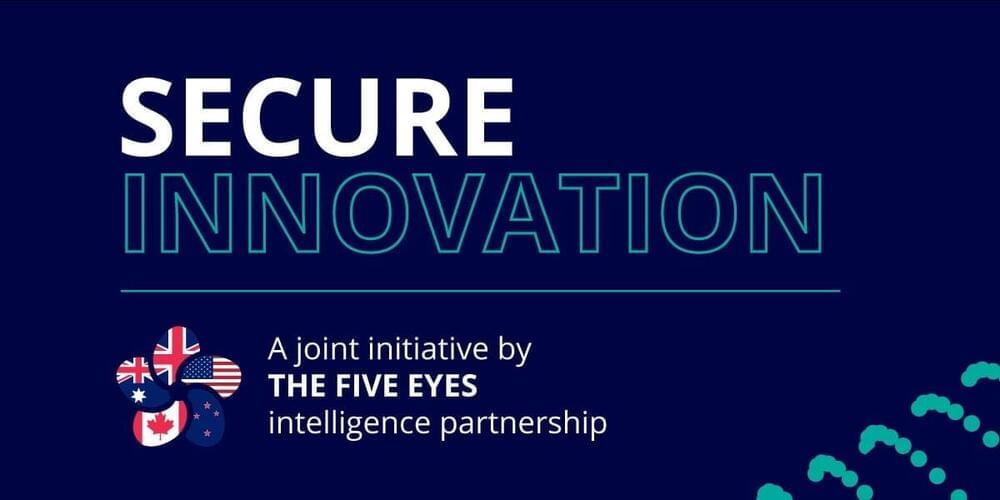Nov 9, 2024
Argonne to help drive AI revolution in astronomy with new institute led by Northwestern University
Posted by Omuterema Akhahenda in categories: robotics/AI, space
Part of a groundbreaking effort to harness artificial intelligence (AI) to unlock the mysteries of the cosmos, the U.S. Department of Energy’s (DOE) Argonne National Laboratory is a key collaborator in the newly launched NSF-Simons AI Institute for the Sky (SkAI, pronounced “sky”), led by Northwestern University.
Jointly funded by a $20 million grant from the U.S. National Science Foundation (NSF) and the Simons Foundation, SkAI aims to revolutionize how researchers explore the universe by developing innovative AI technologies capable of handling the vast data generated by astronomical surveys.
